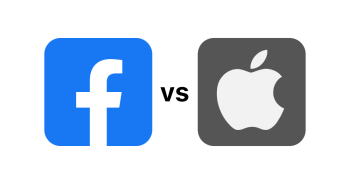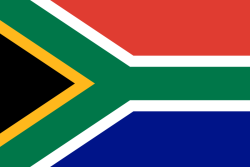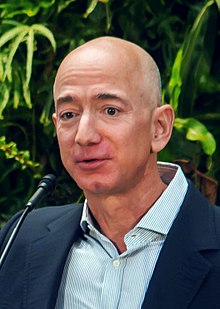
To hear the tech press tell the story, Facebook is promoting evil by admitting to its ad tracking and asking users to opt-in. Apple, meanwhile, is on the side of the angels by loudly promoting privacy.
But here’s the deal. Facebook services are free. Apple services are not.
The tech media is cheering for the global elite against the global poor.
The free web has been the greatest wealth production effort in history. Over the last 20 years over 1 billion people, a substantial portion of the world’s population, has been lifted out of extreme poverty by the free web. The freedom of the web, free as in beer, has been driven by the cloud, which pushed costs low enough that they could be supported by advertising.

Facebook took its gamble before it had the $1 billion/quarter in free cash flow needed to compete. It did it before it even had revenues of $1 billion/year.
Facebook took a huge risk to build its cloud. Alone among the Cloud Czars, it remains the only user of its cloud. Alone among the Cloud Czars, all its services remain free.
Without ads, Facebook can’t afford to give away its services. That means billions of people in Asia, Africa and South America would lose access to them.
In South Africa today the cheapest Android phone is a Samsung at R1,449. Based on the Rand’s exchange rate of 14.95 to the dollar, that comes to $96, which seems cheap.

You still need service, and Telkom Mobile offers a plan that gives you 2 GBytes of data per month for R79. That’s much cheaper than any U.S. plan, but for the average South African, it’s not cheap at all.
Now imagine having to pay for each service delivered by those bits. You can’t afford it. You won’t waste money on a phone or phone plan if that’s the case.
But anyone can afford Facebook. Anyone can afford Instagram. Anyone can afford WhatsApp. This means any South African wage earner can be part of the global conversation and (more important) the global marketplace.
That’s what free services mean.
Apple services are for those with money. Facebook services are for everyone. And the American tech press, which claims to represent the masses of users, is siding with the money
Shame on us.










